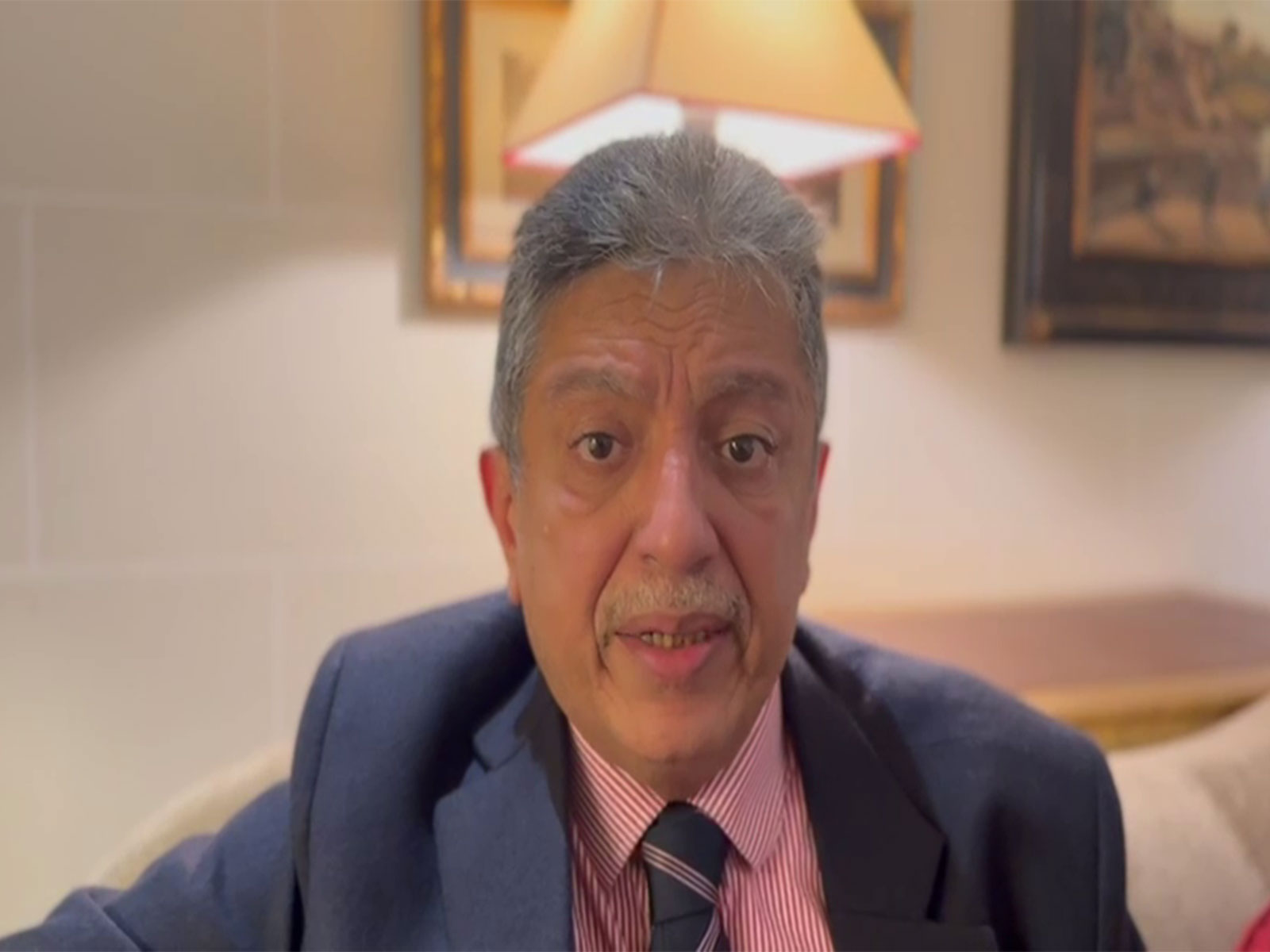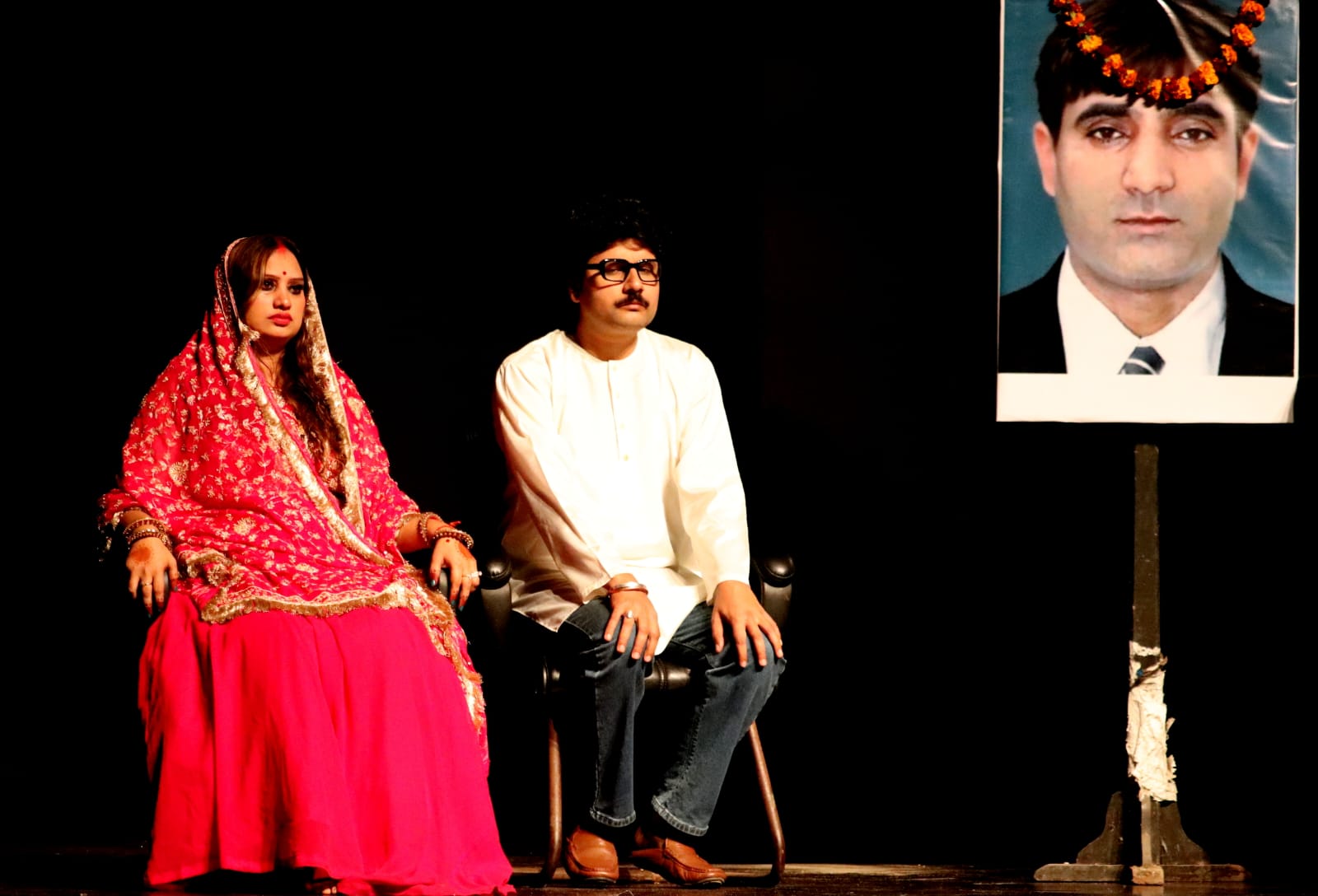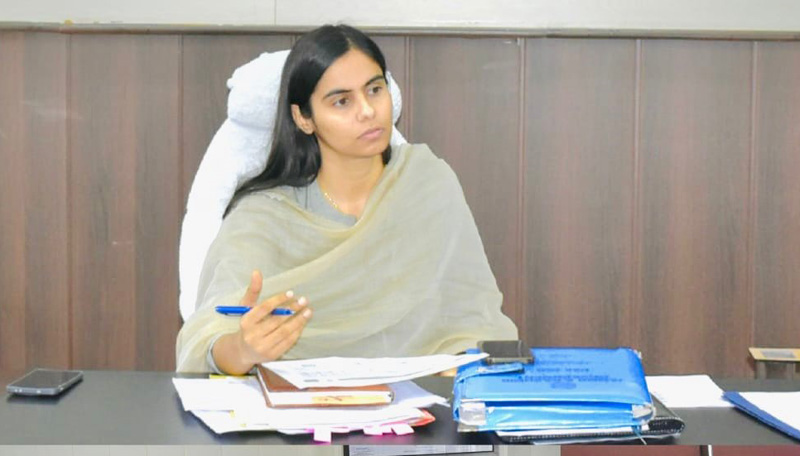Geneva: Arif Aajakia, human rights defender and Executive Director of the Asian Human Rights Forum, has accused Pakistan of systemic human rights violations and exploitation of its ethnic minorities and marginalised provinces.
In his address, Aajakia described the situation in Balochistan as “genocide,” alleging that the resource-rich province is plundered by the Pakistani state with the support of China. “Balochistan is an occupied nation. Its people are facing both physical and economic genocide. The resources are looted, while locals get nothing. When they resist, Pakistan’s ‘terrorist army, the Punjabi army,’ crushes them with violence,” he said. He added that enforced disappearances, including those of women and children, remain widespread.
Turning to Khyber Pakhtunkhwa (KP), Aajakia accused the military of harassing Pashtuns, particularly supporters of the Pashtun Tahafuz Movement (PTM) led by Manzoor Pashteen. He alleged civilians are routinely abused at military checkposts and abducted, with bodies later found dumped by the roadside. He also charged that the state created the Tehrik-e-Taliban Pakistan (TTP) for the Kashmir conflict, which later turned against Pakistan, triggering heavy military operations in KP.
In Sindh, Aajakia alleged economic exploitation and political suppression, claiming that while the province contributes more than half of Pakistan’s revenue, it remains neglected. “Karachi has broken roads, no water supply, and no mass transit system, while Lahore is developed using resources of Sindh, KP, and Balochistan,” he said, accusing the PPP leadership of colluding with the military in plundering Sindh’s wealth.
On Pakistan-occupied Jammu and Kashmir (PoJK) and Gilgit-Baltistan, Aajakia said locals are deprived of their natural resources, which are exploited by Pakistan and Chinese companies. “People have been protesting for over a year but continue to see no justice, no infrastructure, and no development,” he noted.
While Pakistan dismisses such allegations, asserting its focus on development and counter-terrorism, Aajakia’s remarks echo growing criticism from diaspora activists and international rights groups over the state’s policies in restive regions.













